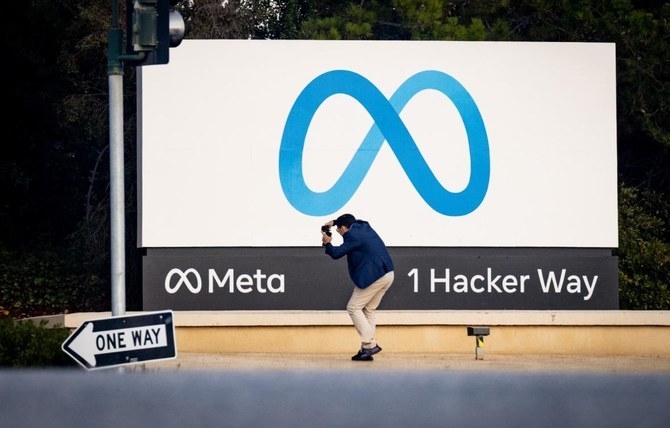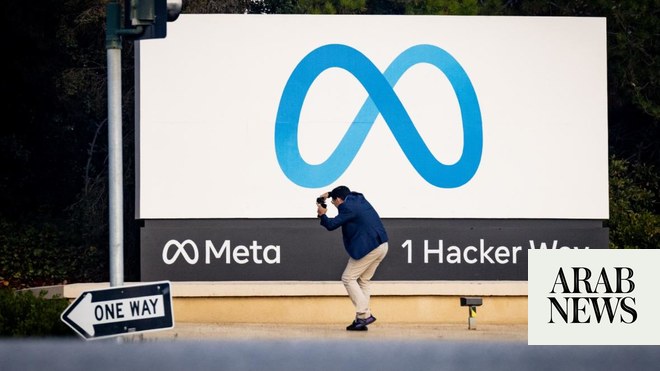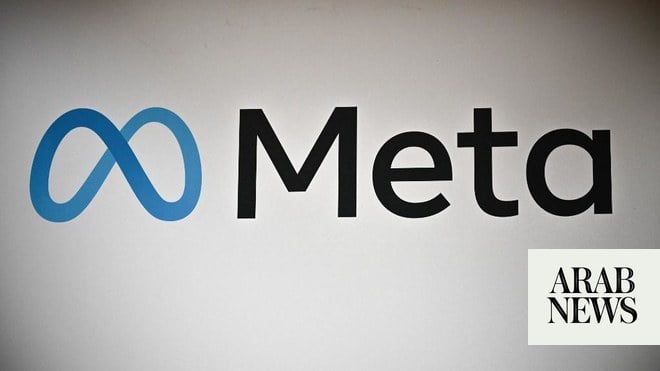
Facebook video portraying Joe Biden as pedophile did not break any rules, body says
But it urges Meta to label altered posts rather than remove them
LONDON: Meta’s Oversight Board has ruled that a Facebook video falsely implying that US President Joe Biden was a pedophile is not in violation of the company’s manipulated media policy.
However, it criticized Meta’s rules as “incoherent” and too AI-focused and called for them to be updated.
The body took on the case in October in response to a user complaint about an altered seven-second video of the president.
The video uses real footage of Biden exchanging “I Voted” stickers with his granddaughter and giving her a kiss on the cheek during the 2022 US midterm elections.
The board determined that Meta acted appropriately by keeping the video up, in accordance with its existing guidelines, which prohibit deceptively modified videos if they are created using AI or if they depict individuals uttering words they never spoke.
According to Michael McConnell, co-chair of the Oversight Board, the policy “makes little sense” in its current form.
“It bans altered videos that show people saying things they do not say but does not prohibit posts depicting an individual doing something they did not do,” he said.
The policy’s focus on AI-generated content “lets other fake content off the hook,” especially at a time when fake audio is “one of the most potent forms” of disinformation, he added.
The board also called for better labeling of false content on Facebook, especially when it cannot be removed under a policy violation.
Enforcement should involve attaching labels to the content instead of Meta’s current strategy of taking down the posts from its platforms, it said.
The ruling is the first to question Meta’s stance on so-called manipulated media, as concerns continue to grow about the use of AI technologies to influence election results.
The board said non-AI altered content was “prevalent and not necessarily any less misleading” than content generated by AI tools, and Meta’s current policy “is lacking in persuasive justification, is incoherent and confusing to users, and fails to clearly specify the harms it is seeking to prevent.”
Although it refrained from calling for the policy to be applied to photographs, due to the difficulty of Meta’s scale, it recommended the company modify the policy to include both audio and video material, and add tags indicating it as altered, regardless of whether AI was used.
During the course of the review, Meta said that it was planning to update its policy “to respond to the evolution of new and increasingly realistic AI.”
On Monday, it said was reviewing the ruling and would provide a public response within 60 days.












